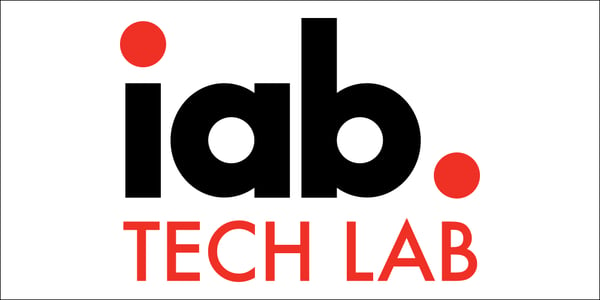
This week's review of ad fraud and quality in the digital advertising space.

"Although overall media owner ad revenue in the United States decreased by 7.2% during the first half of the year, digital ad sales grew by 5.7%, according to an updated forecast released by Magna on Wednesday," reported AdExchanger.

The New Yorker reports that a mobile app ad tech company "has been using its ad-placement business as a wholesale data-mining operation." The article adds: "When it bids to place an ad in an app like, for example, Pandora, it scoops up the I.D. of every phone and tablet that would have been exposed to the ad, even if it loses the bid."
The New Yorker continues: "By collecting and storing this information, the company is able to compile a fairly comprehensive picture of every app downloaded on those devices, and any registration data a user has shared in order to use the app."

The IAB Tech Lab's Project Rearc project — a group of ad tech stakeholders developing new privacy-friendly standards that don't rely on mobile ad IDs or cookies — is expected to send draft standards by the middle of Q4, according to AdExchanger. But "the big browser makers" have not been part of the conversation.
"The hope is that even companies that have been aloof toward the ad industry in the past, such as Apple, will work together to support consumer privacy and accountability in some capacity," wrote AdExchanger.

In this podcast, eMarketer interviews Nicolas Bidon, CEO of Xaxis, about "what the programmatic media firm has experienced in recent months, and what's coming as targeting and attribution challenges mount."

"Facebook added two more weapons to its arsenal of brand safety controls for its in-stream ads," reported Adweek. "A topic exclusion tool and publisher allow lists are now available to advertisers," Adweek noted.
*By entering your email address and clicking Subscribe, you are agreeing to our Terms of Use and Privacy Policy.
These Stories on Weekly Recaps
*By entering your email address and clicking Subscribe, you are agreeing to our Terms of Use and Privacy Policy.

Disclaimer: The content of this page reflects Pixalate’s opinions with respect to the factors that Pixalate believes can be useful to the digital media industry. Any proprietary data shared is grounded in Pixalate’s proprietary technology and analytics, which Pixalate is continuously evaluating and updating. Any references to outside sources should not be construed as endorsements. Pixalate’s opinions are just that - opinion, not facts or guarantees.
Per the MRC, “'Fraud' is not intended to represent fraud as defined in various laws, statutes and ordinances or as conventionally used in U.S. Court or other legal proceedings, but rather a custom definition strictly for advertising measurement purposes. Also per the MRC, “‘Invalid Traffic’ is defined generally as traffic that does not meet certain ad serving quality or completeness criteria, or otherwise does not represent legitimate ad traffic that should be included in measurement counts. Among the reasons why ad traffic may be deemed invalid is it is a result of non-human traffic (spiders, bots, etc.), or activity designed to produce fraudulent traffic.”

